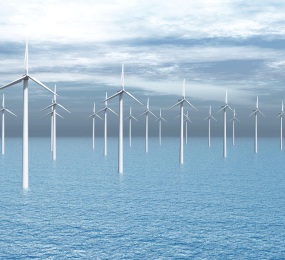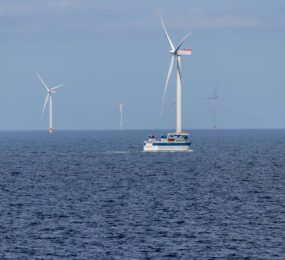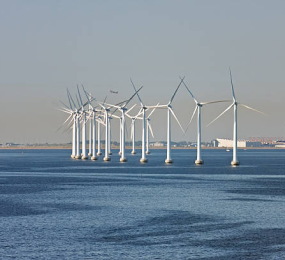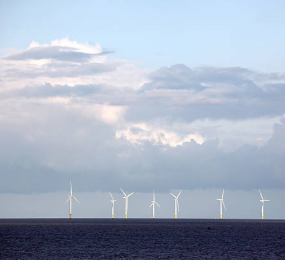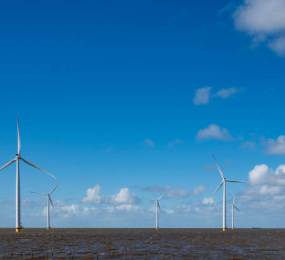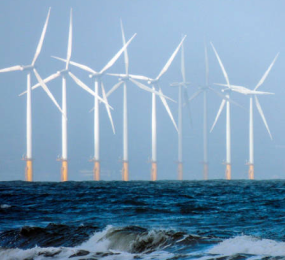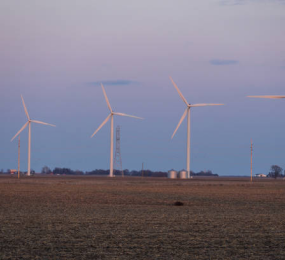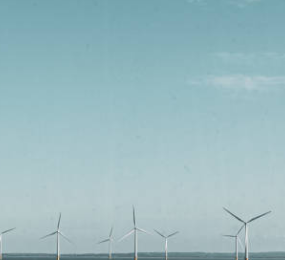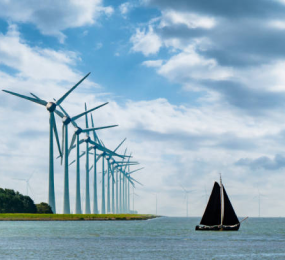The Role of Floating Substations in Supporting Marine Biodiversity Conservation
Floating offshore substations, while primarily designed for energy transmission, present intriguing opportunities for contributing to marine biodiversity conservation. As these structures become more prevalent with the expansion of floating wind farms into deeper waters, their potential to serve as artificial habitats and research platforms can be leveraged to benefit marine ecosystems.
Unlike traditional fixed-bottom structures that require extensive seabed disturbance, floating substations can be installed with less direct impact on the seafloor, preserving existing benthic habitats. Furthermore, their submerged components, such as mooring lines and anchors, can potentially act as artificial reefs, providing new substrates for marine organisms to colonize. This can create diverse microhabitats, attracting fish, invertebrates, and other marine life, thereby enhancing local biodiversity.
Moreover, floating substations can serve as valuable platforms for marine research and monitoring. Equipped with sensors and data collection capabilities, they can provide real-time information on oceanographic conditions, water quality, and marine species movements. This data is crucial for understanding ecosystem health, tracking biodiversity changes, and informing conservation strategies. Researchers can also utilize these stable platforms for deploying specialized equipment or conducting direct observations.
The strategic placement of floating substations, guided by comprehensive marine spatial planning, can also help avoid ecologically sensitive areas, ensuring that energy development and conservation efforts are synergistic. By integrating biodiversity considerations into the design and operation of these substations, the energy sector can move beyond mere impact mitigation towards actively supporting marine conservation.
In conclusion, floating offshore substations, beyond their role in energy transmission, offer a unique opportunity to contribute positively to marine biodiversity. Their potential as artificial habitats and research platforms, combined with careful planning, can make them unexpected allies in safeguarding our oceans.
Visit our website to know more: https://www.leadventgrp.com/events/2nd-annual-offshore-and-floating-substations-forum/details
For more information and group participation, contact us: [email protected]
Leadvent Group - Industry Leading Events for Business Leaders!


